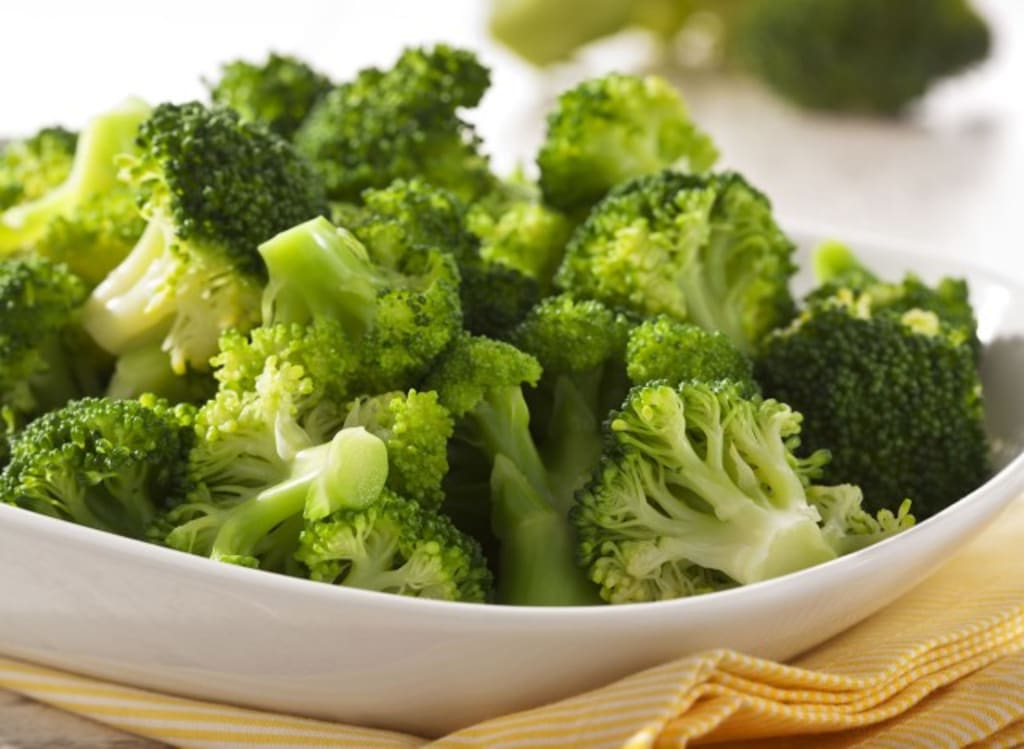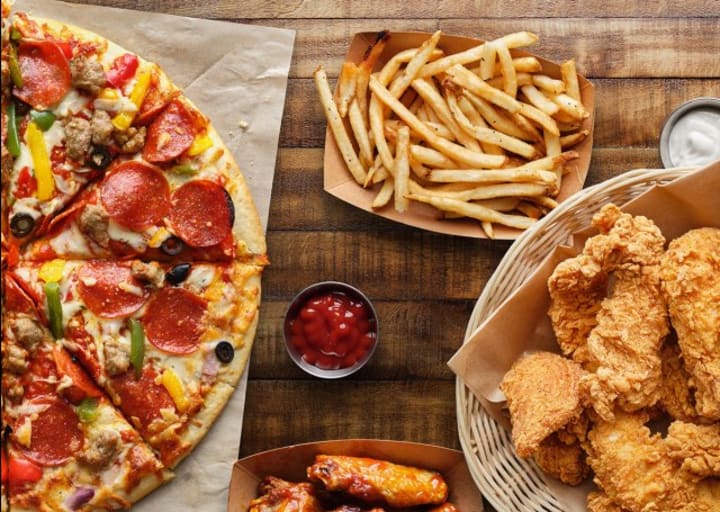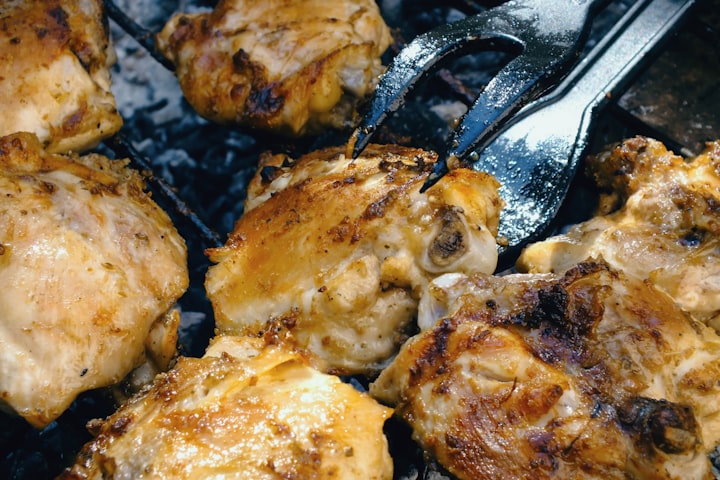Acid Reflux: Foods To Eat and Not Eat
Learn which foods cause acid reflux.

If you suffer from acid reflux, you are not alone. About 100 million Americans have the chronic condition that occurs when acid from the stomach flows back into the esophagus.
Acid reflux is caused mostly by the foods you eat as well as your lifestyle. In order to get rid of acid reflux, change the foods you eat and your lifestyle before it turns into something more serious.
Symptoms You Have Acid Reflux
The most common symptoms of acid reflux are the acidic taste in the back of the mouth, the feeling that something is caught in your throat that causes your throat to itch, regurgitation, and heartburn. Other common symptoms include pain with swallowing, having a sore throat, increased salivation, nausea, breathing problems, chest pain, chronic coughs, bad breath, and wearing away of the teeth.
Medications
Medications include H2 receptor blockers, proton pump inhibitors, antacids, and prokinetics.
Histamine-2 blockers (H2 blockers) such as Zantac (ranitidine) or Pepcid (famotidine) are effective. They are available over the counter.
Proton-pump inhibitors (PPIs) work to decrease the amount of acid your stomach produces. They include omeprazole, lansoprazole and pantoprazole. These medications stop almost all stomach acid. One of the most effective PPIs is omeprazole, sold under the brand names Prilosec and Losec when one pill is taken from 30 minutes to one hour once a day before a meal. The good news is that most PPIs can be obtained without a prescription.
Antacids, such as Tums and Rolaids are only about 10 percent effective. They can be consumed alongside any PPI to increase the percentage of effectiveness.
Prokinetics are medications that help control acid reflux by strengthening the lower esophageal sphincter and causing the contents of the stomach to empty faster. This allows less time for acid reflux to occur. Prokinetics are used for the most serious conditions. They are not at the top of the list because of their dangerous side effects.
Lifestyle Changes
No matter what you eat, drink, or medications you take, acid reflux can be eliminated quicker with lifestyle changes.
Lifestyle changes include not eating foods that trigger acid reflux, eating small meals, eating slower, not lying down for three hours after eating, raising the head of the bed, sleeping on your left side, giving up carbonated and energy drinks, giving up coffee, giving up alcohol, and stop smoking.
Moderate exercise may improve symptoms in people who have acid reflux. However, vigorous exercise may worsen the condition. Some breathing exercises may also relieve acid reflux.
Foods To Eat
While you should cut out some of your favorite foods, here are some that you can eat that will not cause you to have acid reflux. The foods listed below are not acidic. In fact, they are alkaline that counteract any acid in the stomach.
- Vegetables: asparagus, beets, broccoli, cauliflower, celery, cucumber, green beans, potatoes, green leafy vegetables, radishes
- Fruit: apples, bananas, pears, coconuts, dates, figs, papayas
- Ginger: one of the best remedy for acid reflux when consumed in any form
- Grains: oatmeal, whole-grain bread, whole-grain rice.
- Non-citrus fruits: apples, bananas, pears, berries, peaches, nectarines
- Lean meats: chicken, fish, turkey, fish
- Seafood
- Egg whites, but not the yolks
- Almond butter, but not peanut butter
- Healthy fats: avocados, flaxseed, olive oil, sesame oil, sunflower oil, walnuts
- Melons: watermelons, cantaloupes, honey dew melons
- Bone broth
Foods Not To Eat

Foods that cause acid reflux have two in common. Some foods take a longer time to digest and can stay in the stomach longer. That leads to acid traveling up the esophagus. Many foods are acidic by nature. They should be avoided.
There are more foods that contain acid than we realize. Foods that may precipitate acid reflux include acidic foods, bell peppers, black pepper, cayenne pepper, cheese, chocolate, all citrus fruits, fatty foods, fried foods, garlic, onions, peppermint, tomatoes, and spicy foods.
Disclaimer
This writer suffered from acid reflux over a long period of time before she knew what it was that caused her to have a chronic cough and a sore throat. Much research caused her to do extensive research to discover the findings outlined in this article.
These suggestions have worked for her. Hopefully, they will work for you as well. Feel free to leave a tip in any below if any of this information is helpful.
About the Creator
Margaret Minnicks
Margaret Minnicks shares articles with readers all over the world. Topics include celebrities, royal family, movies, television, foods, drinks, health issues, and other interesting things. Thanks in advance for TIPS that are sent my way.






Comments
There are no comments for this story
Be the first to respond and start the conversation.